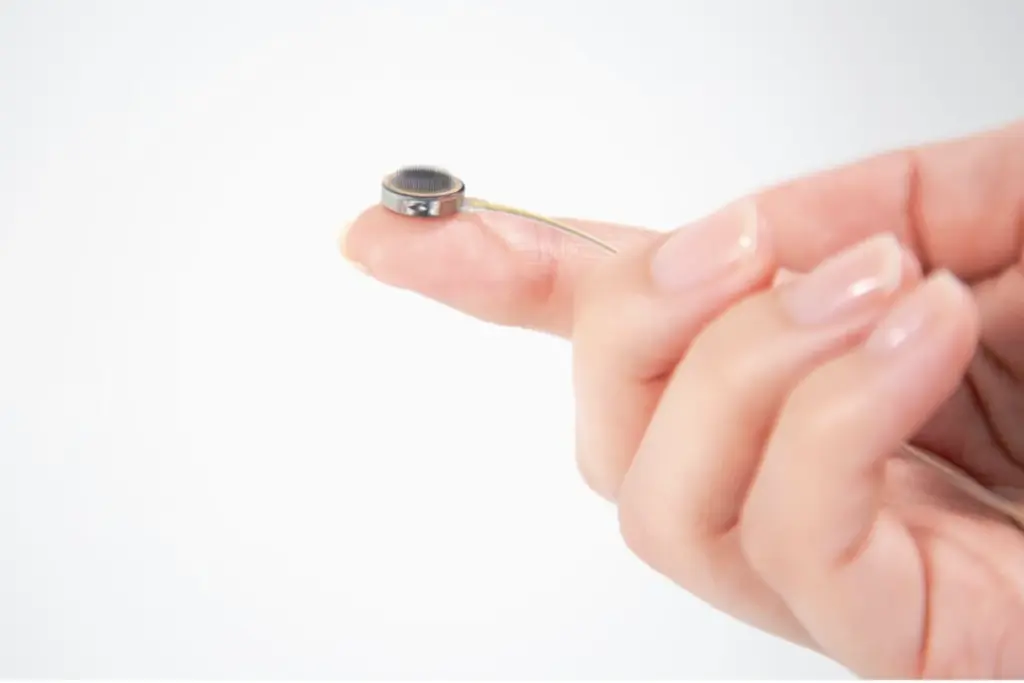
The U.S. Food and Drug Administration (FDA) has granted approval for a human trial of a brain-computer interface (BCI) designed to restore speech in individuals with paralysis. Austin-based startup Paradromics is at the forefront of this innovative technology with its Connexus BCI, which aims to enable patients to communicate through text or synthesized voice.
This milestone marks a significant advancement for Paradromics, as it becomes the first company to receive Investigational Device Exemption (IDE) status for a fully implantable BCI specifically focused on speech restoration. The trial, known as the Connect-One Early Feasibility Study, will initially involve two volunteers who will undergo surgery to implant the device.
Device Features and Functionality
The Connexus BCI is constructed from medical-implant-grade materials, featuring a titanium-alloy body and over 400 platinum-iridium electrodes. Each electrode measures less than 40 microns, making them thinner than a human hair. These electrodes will be strategically placed adjacent to neurons in the motor cortex, which is responsible for controlling speech.
During the trial, the BCI system and its components—including a cortical module, internal transceiver, and extension lead—will be implanted beneath the skin. The electrodes will extend just below the surface of the brain to collect data from individual neurons. This information is transmitted through a thin subcutaneous cable to an implanted transceiver located in the chest. The transceiver then wirelessly sends data to an external device using a secure optical link.
The external transceiver is powered by inductive charging, similar to wireless smartphone chargers. The data received is analyzed by advanced language models and artificial intelligence, which interpret the brain signals to produce words or facilitate control over digital devices.
Trial Objectives and Next Steps
According to Matt Angle, CEO of Paradromics, the company is enthusiastic about initiating this groundbreaking trial. Each participant in the study will have a 7.5-mm-wide BCI implanted 1.5 mm into the brain. The electrode array will be positioned in the motor cortex area that governs the lips, tongue, and larynx. Participants will be asked to imagine speaking sentences, and the system will learn to identify which neural activity patterns correspond to specific speech sounds.
This trial is particularly notable as it targets real-time synthetic voice generation, translating neural activity into audio based on prior recordings of the participants’ voices. Additionally, researchers will explore whether the BCI can detect brain activity related to imagined hand movements, potentially enabling users to operate a computer cursor.
If the initial phase proves successful, Paradromics plans to expand the study to include a total of ten participants, with some receiving two implants to enhance signal capture capabilities. Mariska Vansteensel, a BCI researcher at the University Medical Center Utrecht in the Netherlands, emphasized the importance of this trial, stating, “For the field to move forward towards clinical applications, a fully implantable system is the only way to go.”
The approval of this trial not only highlights the potential of brain-computer interfaces but also offers hope to individuals with speech impairments, paving the way for advancements in assistive technologies that could significantly improve their quality of life.







